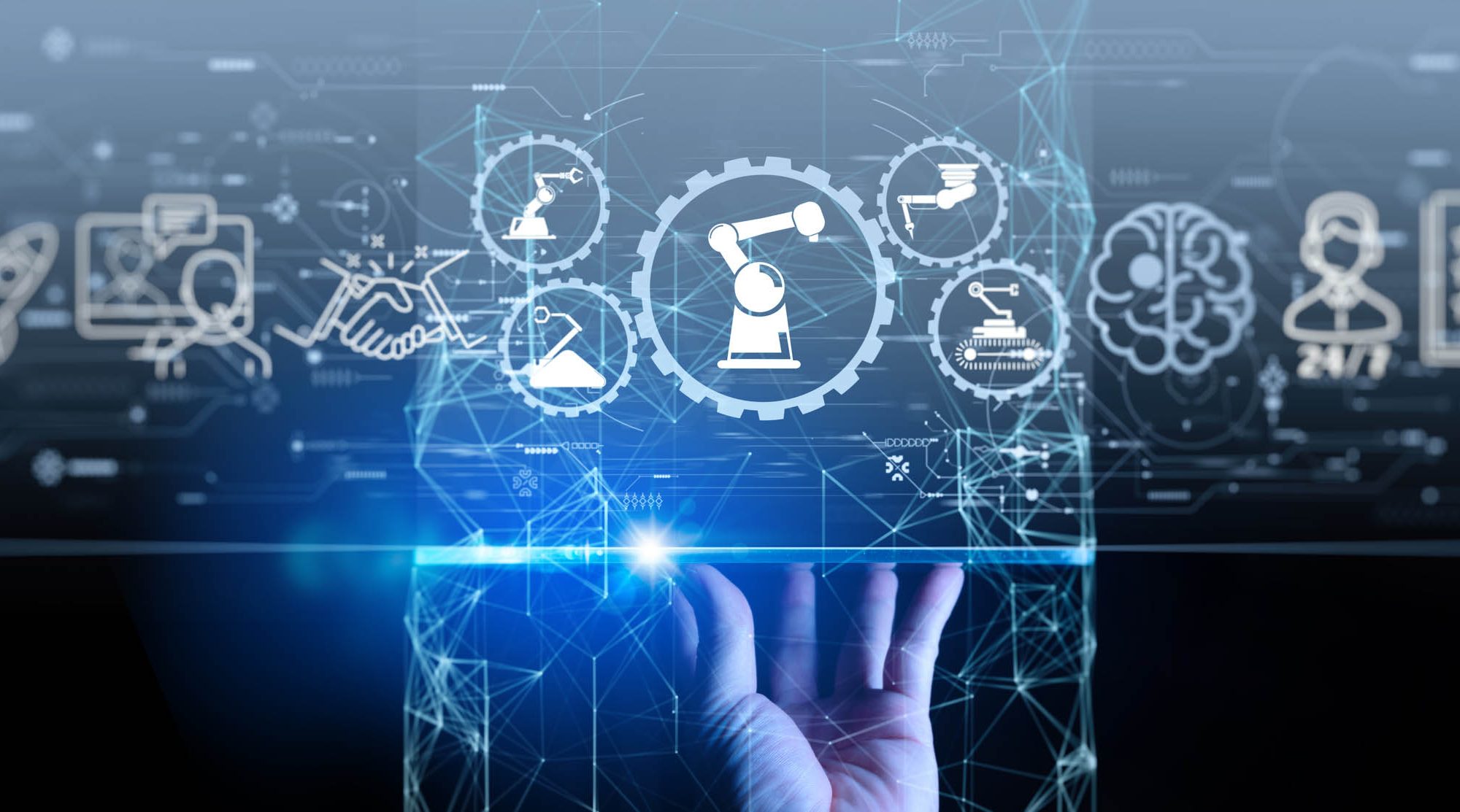In a rapidly evolving world where technological advancements are reshaping industries, artificial intelligence (AI) has emerged as a game-changer. People are already using it to create more efficient schedules, develop recipes for their leftovers, and even create code to build websites when they have no web development experience.
But what about industries that are hands-on like construction? AI can’t build a home, right? It can’t put on a roof or replace old plumbing pipes, can it?
No, but it can help make many of the processes faster and safer.
AI Will Not Replace Construction Jobs
Before delving into the details of AI in construction, it’s crucial to address a common concern: the fear of AI replacing human workers.
Rest assured, AI is not here to replace construction jobs; rather, it is here to enhance existing roles. AI technology can be a powerful tool to aid construction workers, boost their productivity, and streamline processes, leading to more efficient project execution.
AI and the Future of the Construction Industry
The future of the construction industry lies in embracing advancing technologies to unlock its full potential. By integrating AI and construction, we may see remarkable improvements in each stage of the building process, especially during planning. It can streamline processes, reduce costs, minimize errors, and optimize overall efficiency in construction projects.
Here are some of the ways AI might be used (or is already being used) in the construction industry:
AI and pre-construction
- Pre-design – With AI tools, professionals can generate design options, analyze site conditions, and optimize building layouts. This can help to speed up the decision-making process and empower the creation of more innovative and workable designs.
- Design development – AI can analyze large quantities of data and generate solutions based on specified parameters. Construction professionals can use AI to accelerate the design process, find potential issues, and improve the overall quality of designs.
- Construction documents – Generating construction documents, drawings, specifications, and schedules can all be enhanced through AI automation. With these integrations, professionals can not only reduce errors but also improve document accuracy and enhance collaboration among different project participants.
- Bidding and negotiations – AI can assist during bids and negotiations by analyzing historical data, current trends, and your project requirements. Because it can optimize cost estimates and evaluate subcontractor proposals, the decision-making steps in the process become more informed and efficient.
- Permits and approvals – Documentation automation through AI could mean a faster process of getting permits and ensuring compliance. There are now AI-powered tools that can aid in the analysis of building codes, zoning regulations, and environmental requirements, which means fewer project delays to meet compliance.
- Finalizing pre-construction documents – Leveraging AI when reviewing and finalizing pre-construction documents, contracts, and agreements can aid in minimizing potential risks and discrepancies.
Performance and safety during the construction process
- Site-safety – AI-powered cameras and video analytics can detect potential hazards, monitor on-site behavior, and provide the supervisor and general contractor with real-time alerts. Surveillance at this level means improved safety for all and fewer accidents on construction sites.
- Labor and materials management – Optimizing the allocation of labor and materials by analyzing project schedules, resource availability, and productivity data ensures that projects are executed with efficiency. That results in maximum productivity with minimal material waste.
- Building performance analysis – AI-powered systems can help find opportunities for energy savings, predict maintenance needs, and contribute to overall sustainability and cost savings for building owners.
The Future of AI in the Construction Industry Is Bright
If we want to fully harness the power of AI in the construction industry, it’s imperative to continue collaboration between technology providers and construction professionals.
The potential benefits are emerging: streamlined processes, lower costs, improved accuracy, enhanced safety, and optimized project management, just to name a few. But the journey doesn’t stop here — continued research, development, and adoption of AI technology may be crucial to move the industry forward.
One way Westlake Royal Build Products is embracing technology is through our available Home Design Tools. Create your own home masterpiece by interacting with our design tools.

